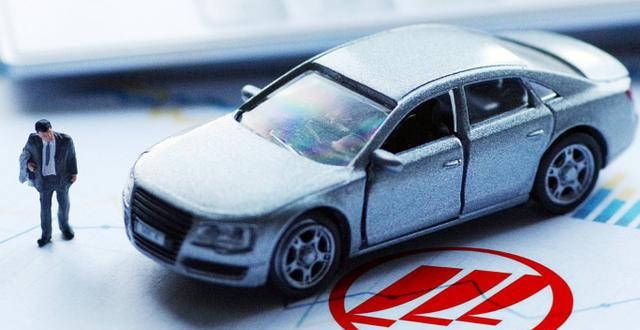Understanding Car Loan Lien: What You Need to Know Before Financing Your Vehicle
#### What is a Car Loan Lien?A **car loan lien** is a legal claim that a lender has on a vehicle until the borrower pays off the loan in full. Essentially……
#### What is a Car Loan Lien?
A **car loan lien** is a legal claim that a lender has on a vehicle until the borrower pays off the loan in full. Essentially, when you finance a car, the lender retains the right to repossess the vehicle if you fail to make your payments. This lien serves as a security interest for the lender, ensuring they can recover their investment in case of default.
#### How Does a Car Loan Lien Work?
When you take out a car loan, the lender files a lien against the vehicle with the relevant authorities. This means that the lender's name is recorded on the title of the car. Until the loan is fully repaid, the lien remains in place, and you cannot sell or transfer ownership of the vehicle without the lender's consent. Once you complete your payments, the lender will release the lien, allowing you to have full ownership of the car.
#### Why is a Car Loan Lien Important?

Understanding the implications of a **car loan lien** is crucial for any car buyer. It protects the lender's investment and ensures that borrowers are aware of their obligations. For buyers, knowing that a lien exists can prevent misunderstandings when it comes to selling or refinancing the vehicle. If you attempt to sell a car with an outstanding lien, the buyer may be unable to register the vehicle until the lien is resolved.
#### How to Check for a Car Loan Lien
Before purchasing a used car, it's wise to check for any existing liens. You can do this by requesting a vehicle history report or checking with your local Department of Motor Vehicles (DMV). This step is essential because buying a car with a lien can lead to complications, including potential repossession by the previous lender if the loan remains unpaid.
#### What Happens if You Default on a Car Loan?
If you fail to make your car loan payments, the lender has the right to repossess the vehicle due to the lien. This process typically involves the lender sending a notice of default and then arranging for the car to be taken back. Defaulting on a car loan can also negatively impact your credit score, making it harder to secure financing in the future.
#### Releasing a Car Loan Lien
Once you have paid off your car loan, the lender is required to release the lien. This usually involves the lender providing you with a lien release document, which you should keep for your records. You may need to submit this document to your local DMV to update the vehicle's title and remove the lien from public records.
#### Conclusion

In conclusion, understanding a **car loan lien** is essential for anyone looking to finance a vehicle. It’s important to be aware of how liens work, the implications of defaulting on a loan, and the steps necessary to check for or release a lien. By being informed, you can navigate the car financing process more effectively and avoid potential pitfalls. Always ensure that you understand your obligations and rights when entering into a car loan agreement.